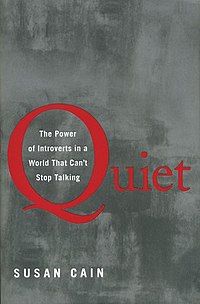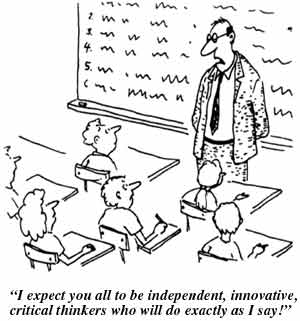Getting back into a 9-5 routine 3 days a week has not been easy, to say the least. I think on those nights, I have gotten between 5 and 7 hours of sleep. Which thoroughly explains why I keep feeling like I'm getting sick every now and again (haven't yet, and don't intend to!).
The good thing: I think I just found the best driving route to work today! I've been having a hard time because it's RIGHT off a major highway so it always gets bogged down with traffic right at the times when I need to get there (I've actually been having more trouble getting to my internship than to work, as it's farther away and not right off the main highway).
I've been experimenting the past couple weeks with different routes, though I've been nervous because going home (best time for exploration because I'm not in a hurry) it's been getting dark so early! I made a wrong turn last week and ended up on the damn toll road. Lesson learned there! But today, I think I found the right way to go. There isn't much traffic at all (which I hope isn't just a side effect of the holiday tomorrow!) and the speed limits are decent, the lights are not bad, and it's a pretty stress free drive the whole way.
I also found a way home that might be good for avoiding some of the bad traffic on the main road that goes near my house--it's a little windy, slower speeds, and there is a set of train tracks (blech) that you have to cross, but again, WAY nicer with no traffic, no stop-and-go, no dozens of tail-lights and headlights winking at me the whole way. So, yay :)
The new job is not too bad--I was expecting a little more challenging work, but I love having my own cubicle, which is huge, for a cubicle, I think, and double bonus (no pun intended), I have dual monitors! I also asked IT for a trackball mouse since it seems that copy-paste is going to be a big part of my job and I don't want to get carpal tunnel from using a crappy default mouse.
Everyone there has been really nice and welcoming, and despite the repetitive work so far (which I hope will evolve sooner than later into something that requires neurons), I think it'll be a good place to spend my time, earning money, and hopefully learning some new stuff along the way.
You know what I'm thankful for? My dad. Because of him, I don't have to pay rent (except on my storage unit), I don't have to work full-time to get my own place, and I don't have to live out of my car with my poor cat. It will also be nice next week to have a paycheck. I don't imagine it'll be very much, since I only worked five days this pay period (no holiday pay), and most of it will go for car insurance and paying rent on my storage unit... Wait, where did all my money go??? What about Christmas??? Noooooo!!
Anyway, the reason I've been staying up later than I should, even on nights when I know I have to get up early is, of course, Nano. I fell behind on my word count last week, and have barely been staying on top of it (and some days, I have still been behind) since. I am hoping the big holiday weekend will be enough time to power through and get it REALLY close to done, if not all the way. I plan on holing up for most of Friday and Sunday (Thursday and Saturday are family days, so I probably won't be able to get as much done then) to get down to business.
The story itself is coming along. It's a little slow for me, a lot of travel time for the characters right now, and I haven't quite figured out how to let my villain loose on the world yet, but I expect a major burst of speed to get from my 33k up to 45k this weekend! I think my characters are really starting to come into their own, so that's great too. Hoping it will just write itself (wishful thinking) for the next week or so!
I am really loving my internship. It's with the humane society, helping out with social media (Facebook, mainly, but Twitter and Pinterest too), and I get to visit the animals and take pictures to post on the social networks to encourage people to visit, adopt, and support the work there. Everyone there is awesome--both the people and animals!--and I'm so glad to be able to help out!
Unfortunately, I MAY be allergic to cats. Who knew? I've had cats my whole life, but only one or two at a time, in a house. When you walk into a room where there are six of them hanging out together, you really find out what bothers your allergies.
For all those in the US, Happy Thanksgiving. I don't really like turkey, but it's nice to get together and eat and drink with family and friends. For all those who aren't, have a happy Thursday a great weekend!
34 days 'til Christmas--just sayin'.












